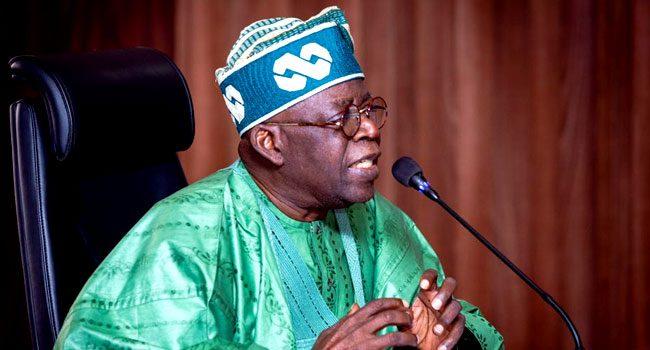President Bola Tinubu on Thursday inaugurated a 31-member Presidential Economic Coordination Council (PECC), including himself, the Vice President, the Senate President, and the Chairman of the Nigerian Governors Forum, among others.
This inauguration comes three months after the President established the committee on March 27, 2024.
During the inauguration, President Tinubu presented the outcomes of his review of the accelerated stabilisation and advancement plan, which aims to inject N2 trillion into the economy over the next six months. The plan prioritises funding for the Health, Agriculture, and Energy/Power sectors.

N2tn Emergency Funding Breakdown:
- N350bn for Health and Social Welfare
- N500bn for Agriculture and Food Security
- N500bn for the Energy and Power sector
- N650bn for general business support
Finance Minister Wale Edun, who briefed State House Correspondents alongside selected Council members, emphasised the importance of these sectors in the emergency funding plan. Edun stated, “The President has just inaugurated the Presidential Economic Coordination Council, comprising the President’s Economic Management Team, the National Assembly leaders, the Nigerian Governors Forum chairman, and elite private sector members.”
READ ALSO: Tinubu Appoints Salamatu Ahmed as FGSHLB Executive Secretary
Council Composition and Functions: The PECC consists of 13 ministers, including the Central Bank of Nigeria Governor Yemi Cardoso, and the Chairman of the Nigerian Governors’ Forum, Governor Abdulrahman Abdulrazaq of Kwara State. The Council also includes representatives from Agriculture and Food Security, Aviation and Aerospace Development, Budget and Economic Planning, Communications, Innovation and Digital Economy, Industry, Trade and Investment, Labour and Employment, Marine and Blue Economy, Power, Petroleum Resources, Gas, Transportation, and Works.
READ ALSO: Tinubu Appoints 560 New Leaders for Federal Tertiary Institutions
Notable private sector members include Aliko Dangote, Tony Elumelu, Abdulsamad Rabiu, Amina Maina, Begun Ajayi-Kadir, Funke Okpeke, Doyin Salami, Patrick Okigbo, Kola Adesina, Segun Agbaje, Chidi Ajaere, Abdulkadir Aliu, and Rasheed Sarumi. These members will serve on the Council for a one-year tenure.
Policy and Economic Measures: President Tinubu highlighted several policy measures and executive orders designed to ease the cost of doing business during this period. The President’s administration has taken steps to re-engineer the nation’s economic governance framework, including the discontinuation of petrol subsidies and unification of foreign exchange rates.
However, these measures have resulted in significant economic instability and increased hardship for Nigerians, with soaring food prices and a devalued naira.



